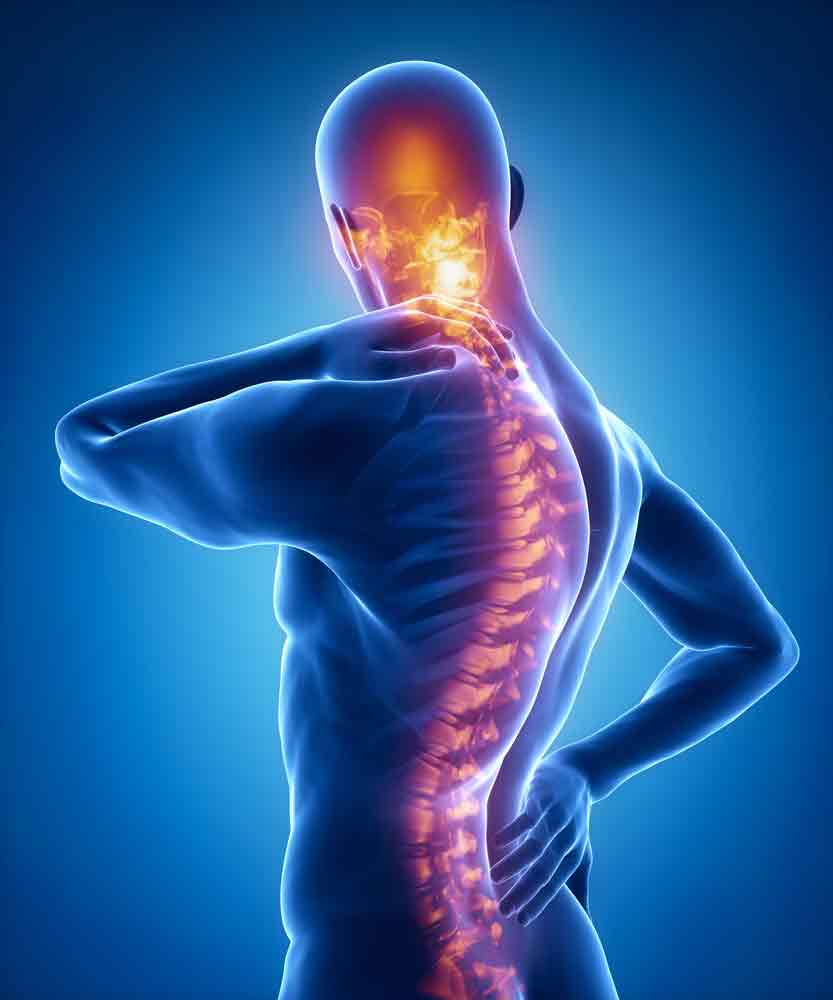In the current fast-paced environment, the connection between our mental and bodily health has become increasingly obvious. As increasing evidence backing the impact of physical health on mental well-being, physical therapy acts as a crucial resource for those who are not just recovering from injuries but also improving their overall quality of life. Through integrating physical rehabilitation strategies, individuals often find relief from chronic pain, improved mobility, and reduced anxiety, all of which contribute to a healthier mindset.
For many, the process into physical therapy may seem daunting. Questions about what to expect and how it can aid in pain management and injury recovery often arise. However, physical therapy offers beyond just recovery from injury; it is a pathway to wellness that tackles chronic conditions, boosts athletic performance, and fosters independence as we age. Whether you are a experienced athlete or someone seeking relief from everyday aches, understanding the myriad benefits of physical therapy is the first step toward embracing a more nutritious, more active life.
Grasping Physiotherapy
Physical therapy is a healthcare discipline concentrating on the evaluation and management of physical impairments, functional limitations, and disabilities. It employs various techniques such as manual therapy, exercises, and therapeutic modalities to help patients regain mobility, alleviate pain, and improve overall physical function. It is often requested following injuries, operations, or health issues that impact movement and life quality.
One key feature of physiotherapy is its customized approach. Each therapy plan is tailored to the specific needs and objectives of the individual, factoring in their health background, current condition, and personal objectives. This personalized care promotes a more efficient recovery process, tackling both the bodily and psychological aspects of recovery.
Additionally, physiotherapy plays a significant role in averting subsequent injuries and improving physical performance. By educating patients on correct posture, ergonomics, and fitness methods, physiotherapists enable individuals to take an proactive role in their health. This proactive focus not just assists individuals recover from injuries but also supports long-term wellness and improves overall mental well-being.
Benefits of Physiotherapy for Mental Health
Physiotherapy offers numerous advantages that extend beyond the physical realm, significantly impacting psychological well-being. Taking part in ongoing physical activity through customized therapy sessions can boost endorphin production, which are biological mood enhancers. This rise in mood-enhancing substances can help reduce symptoms of nervousness and sadness, fostering an all-around sense of health. Furthermore, the organized nature of rehabilitation provides a sense of routine and accomplishment, which is particularly helpful for those dealing with psychological challenges.
Additionally, physiotherapy can act as a valuable resource for improving awareness and mitigating tension. Several therapy practices incorporate strategies that prompt patients to focus on their bodies and respiration, developing a connection between mind and body. This form of mindfulness can help individuals manage pressure more successfully and nurture a deeper awareness of their physical and emotional states. As clients improve and recover strength, the confidence gained can translate into enhanced self-esteem and perseverance, establishing a virtuous cycle for psychological well-being.
Furthermore, the communal nature of physiotherapy can play a crucial role in enhancing psychological well-being. Participating in group rehabilitation or working closely with a health professional promotes social engagement, reducing feelings of isolation and solitude. Establishing physical therapist near me within the therapy setting creates a support network that supports emotional bonding, sharing of experiences, and inspiration. Overall, the comprehensive approach of physical therapy does not just aid physical healing but also considerably improves psychological well-being gains.
Physiological Rehabilitation Methods and Approaches
Physiotherapy encompasses a diverse array of methods and approaches tailored to personal needs. Manual therapy is one of the main approaches, involving direct techniques aimed at reducing discomfort and improving mobility. Therapists use their hands to manipulate joints and muscle tissues, relieving tension and enhancing function. This method is especially helpful for conditions such as lumbar pain, neck pain, and various musculoskeletal conditions.
Another key aspect of physical therapy is the use of therapeutic exercises. These exercises are specifically designed to improve strength, stamina, flexibility, and balance. Depending on the individual's condition, a physical therapist will design a customized fitness regime that progressively tests the body while maintaining safety and efficacy. This structured routine not only aids in healing from trauma but also contributes to overall health and prevents future problems.
Additionally, modalities such as electrical stimulation, sonic therapy, and thermal therapy are employed to enhance other treatments. These modalities can assist alleviate pain and inflammation, speed up recovery, and improve the efficacy of rehabilitative activities. When combined effectively, these techniques form a holistic approach that tackles both physical and mental health, demonstrating the profound relationship between physical function and mental health.

